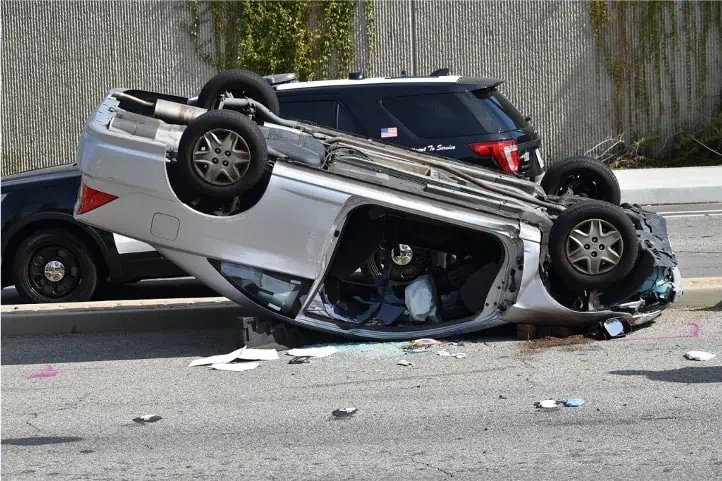Insurance companies have the legal requirement that you notify them about any car accident that you will get into. Calling an attorney before making a car accident claim will help you know what to say and what not to do. Insurance companies might seem to have your best interests at heart, but their main motive is to make a profit.
Your lawyer understands that and will help you give a statement to the company. Reporting the accident allows the company to process claims, assess damages, and advise on the way forward.
As you give your statement, below are six things you should never say to an insurance company after a car collision.
1. Statements that Admit Fault
To get compensated, you must show it was someone else’s fault. If you admit to being at fault, your claim will likely radically reduce its value. In some cases, you might not get compensated. Avoid any statement that might suggest responsibility.
If the insurance company examines the car accident claim and finds you partly at fault, you will receive reduced compensation in proportion to the degree of your responsibility. If the insurance company calls and asks to obtain a statement from you, tell them you will give it after contacting a lawyer.
2. Statements that Downplay Your Injuries
Minimizing your injuries might affect the claim for compensation. You also want to make sure the severity of your injuries is accurate. Some injuries manifest after some time. Reporting them after giving your statement might make the insurance company question your credibility. This can raise insurance fraud concerns. In some cases, there could be inadequate compensation for your medical expenses.
3. Statements that Describe Your Medical Reports
Do not make definitive statements about your injuries. If the adjuster calls to ask, avoid minimizing or magnifying the injuries. If they want a more detailed description of your medical state, request that they talk to your lawyer.
Answering directly to the adjuster might make you disclose information that might weaken your case. Your attorney will handle the questions professionally and present them to you in the best way possible.

4. Do Not Speculate as to What Happened
Avoid giving uncertain information. Do not talk about anything that did not affect you directly. If you does not have an answer to a question, be honest and say that you don’t know. Speculations may lead to inaccurate conclusions that complicate the claim. It can also contradict the witness’s statements, leading to inconsistencies that can complicate the case.
5. Giving Recorded Statements Without Preparation
Be vigilant about giving a recorded statement without contacting your lawyer. If you have to provide information, have it in writing. Please send it to your lawyer for review before submission. Written reports allow documentation and accuracy and prevent miscommunication. If there is miscommunication, every party can refer to it.
6. Saying Yes to the Initial Offer
Refrain from accepting whatever the insurance company is offering. It would help if you took time to understand the extent of injuries and the damages caused. Quick acceptance of offers might make you get less money than what the claim is worth. Make sure you call your attorney for advice.
The next thing is to get yourself some Motor Trade Insurance. This insurance, available through providers like Insurance Navy Brokers, will offer protection for all the cars in your possession so you won’t have to spend extra costs insuring them individually.
Conclusion
It is always advisable to contact an experienced attorney if you want to make a claim. An attorney will help you navigate the claim, negotiate on your behalf, explain the policy terms, protect your interests, and ensure you are treated fairly while carrying out the claim process.
Only some legal claims might require an attorney. The lawyer comes in to help you get the best possible outcome from a complicated situation.
Article and permission to publish here provided by Paul Krett. Originally written for Supply Chain Game Changer and published on December 21, 2023.
Cover image provided by image source.io.

